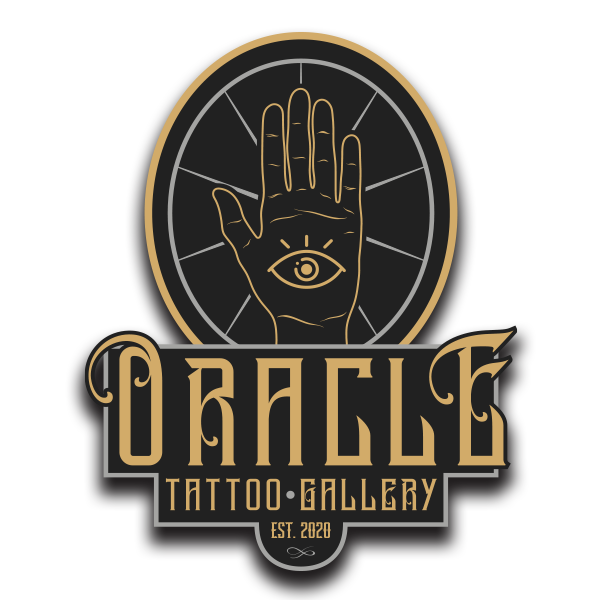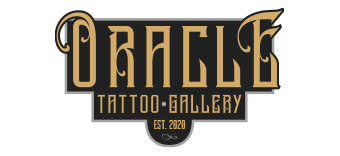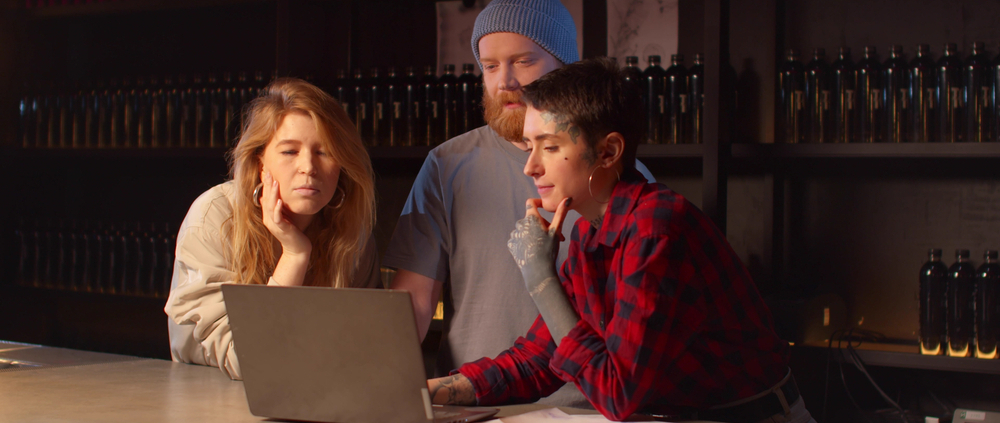Questions To Ask A Tattoo Artist Before Getting Tattooed
Getting a tattoo is an exciting opportunity to express something personal about yourself through an inked design that will be your own. Most Philadelphia tattoo shops do abide by current health and safety guidelines to keep both their clients safe and healthy and themself along with others employed in the shop. Even so, there are some important questions to ask a tattoo artist prior to getting tattooed according to the professional artists at Oracle Tattoo Gallery.
1. What Brands & Types Of Ink Does Your Shop Use & What Are The Ingredients?
The different inks used for tattoos are not regulated by the FDA. Some brands and colors will tend to cause more skin reactions than others. If you have never gotten a tattoo before, or if you are using a different tattoo artist, it is wise to inquire about the types of ink that the artist will use.It is smart to also get a list of the ink ingredients. You can look up the ink brand and color later searching websites pertaining to tattoo ink and potential skin reactions. Colored inks, especially reds, tend to cause more reactions than black and white. If you have had a history of sensitive skin, you will want to share this with your tattoo artist prior to the actual appointment. The artist may be able to give their recommendations on choice of ink colors, size and placement of tattoo on the body.
Can You Do A Patch Test Beforehand For Sensitive Skin?
Some tattoo artists will do a patch test beforehand, or this can be done in a dermatologist’s office. This takes about a week of skin monitoring in most cases.
How Will I Know if I Am Having an Allergic or Other Adverse Reaction?
Your tattoo site will be somewhat sore and inflamed in the immediate aftermath of a tattoo. However, if the redness, inflammation and discomfort persist for longer than a week or so, get in touch with your tattoo artist and/or your doctor.If the discomfort worsens, red lines develop on the skin moving outwards from the tattoo site and/or there is any bad smell or discharge, this could be a sign of an infection. This is especially true if you develop a fever as well. This will require medical treatment and possibly antibiotics.
2. Are You Currently Licensed?
Most professional tattoo artists get licensed and are happy to provide this upon request. These documents and other qualification proofs are often hanging in the tattoo shop and/or are located on the artist’s social media or work website.
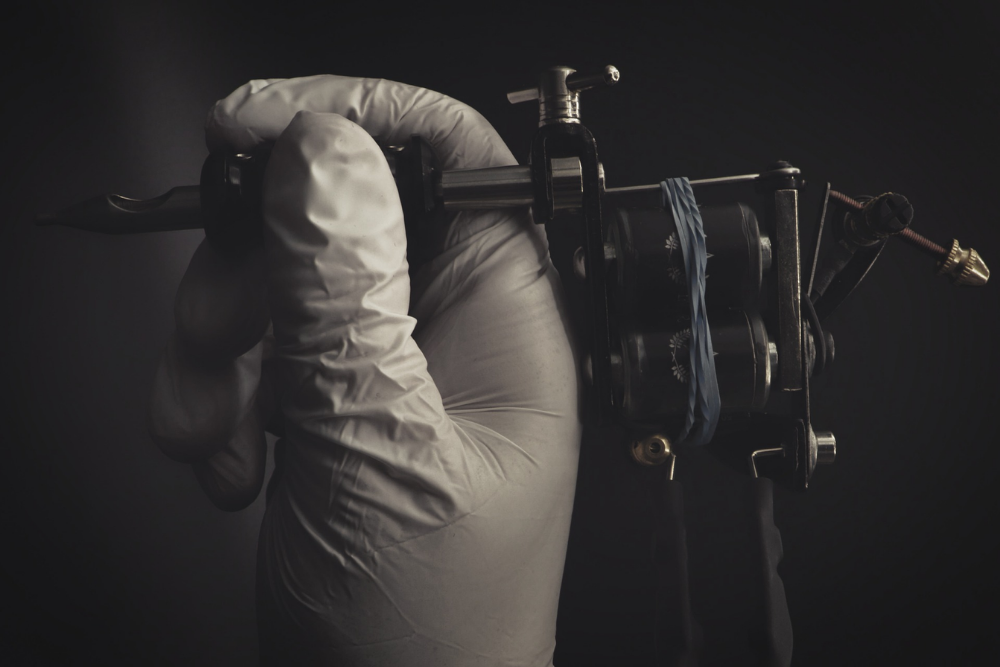
3. How Long Have You Been A Tattoo Artist?
It takes time for a new tattoo artist to develop their own unique style and experience. Obviously, the longer that the artist has been in the business usually means that they have had time to perfect their skills. However, there is the creative talent that tattoo artists have or don’t have that should be taken into consideration.
4. How Do You Sterilize Your Equipment?
Avoid tattoo shops that visibly look dirty or messy. Most tattoo artist these days use one-time-use needles and other supplies. However, there are some pieces of tattoo equipment and tools that need to be sterilized in between clients. This sterilization needs to be performed in an autoclave.
5. What Type Of Tattoo Designs Do You Prefer?
Each individual tattoo artist typically has developed their own unique artistic style and tend to favor certain techniques and methods. It is best to view examples of the artists previous work either in a portfolio or a photo gallery often displayed on a website or in the shop.Some examples of style and methods include minimalized styles of tattooing that usually involves simple line work and primary colors. Other artists use more shading in their art, lean toward abstract designs or focus on realistic detailing.
6. Will This Design Look Good Where I Want It?
Always get the artist’s recommendations on where the design will look good, what size and other design characteristics.
7. What Will My Tattoo Look Like Later In Life?
Also, consider how your specific tattoo will look later in life say 10, 20 or 35+ years in the future. The artist can give expert advice on which body areas tend to have more skin sagging through the years that could stretch your tattoo and make the lines distorted.
8. What Methods Of Tattooing Do You Do?
This refers to tattoo methods like hand-poked, machine-inked or cultural styles and methods.
9. How Do You Know If the Needles Are Still Sterile?
Sterile needles come in packages with expiration dates. All supplies should be used prior to that date.
10. Do You Have A Current Bloodborne Pathogen Certification?
Certifications should be kept up-to-date, and a current bloodborne pathogen certificate helps to ensure that your artist follows health and safety recommendations.
Do I Need a Hepatitis B Vaccine?
A tattoo is an open skin wound, so it is best to have a hepatitis B vaccine. This is something to ask your family doctor prior to getting a tattoo.
11. What Aftercare Instructions Do You Recommend?
Every tattoo artist will have their own aftercare instructions. Asking about them ahead of time helps you to determine if these instructions are something you will do.
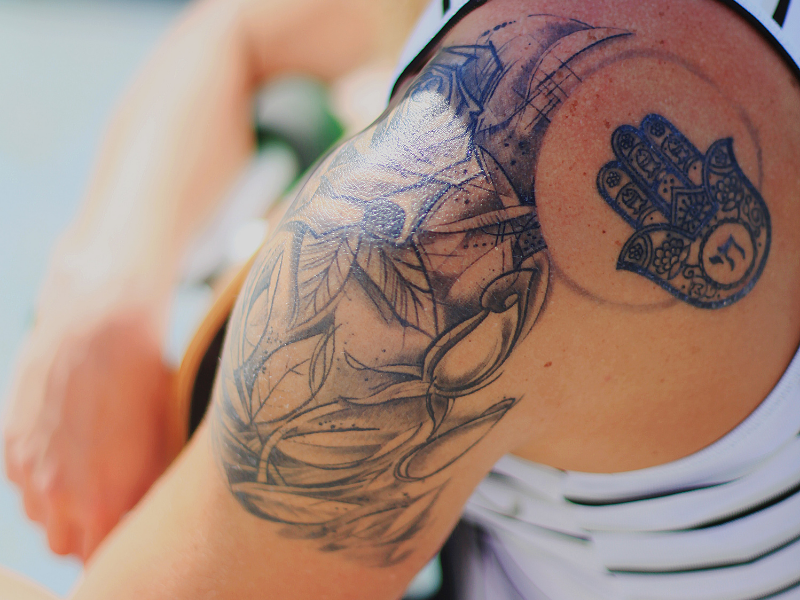
How Much will My Tattoo Hurt? How Long Before the Tattoo Is Healed?
Knowing how much discomfort you will have during and after your envisioned tattoo should be discussed honestly. Some body areas, ink shades and size of tattoo all can increase discomfort levels. The initial healing stage will take about 2 weeks, Afterwards, the tattoo site will continue to heal for several weeks and even months for complete healing depending on each individual client’s healing speed, overall health and size of tattoo among other factors.
How Many Sessions Will My Design Take?
Smaller tattoos should not take long, but the complexity of the design and the artist’s method of tattooing all play a role. Most are done in one session, while larger tattoos may take several sessions.Always relay that you have an older tattoo nearby prior to your appointment. These tattoos generally require several sessions and take longer.
12. How Much Will My Tattoo Design Cost?
This number will usually be a cost range. Costs vary between artists and due to the variety of tattoo characteristics.
13. What Payment Types Does Your Shop Take? Do I Need An ID?
Some tattoo shops only deal with cash transactions. Always factor in the gratuity tip if paying by credit card. Most shops also require a picture ID.
14. Do I Need To Put A Deposit Down & What Is Your Deposit Return Policy?
Many tattoo shops require a deposit when you book an appointment. Always ask about the deposit return policy should you decide to not go through with the session for whatever reason.
Conclusion
Take time to investigate several tattoo shops and artists for a better idea of what’s available and various price ranges. Find nearby shops by typing “local tattoo shops near me” into a smartphone or computer search engine. Alternately, call Oracle Tattoo Gallery at 215-638-1601 for further questions regarding tattoos or to schedule a consultation session. Visit the website at oracletattoogallery.com online at your convenience.
